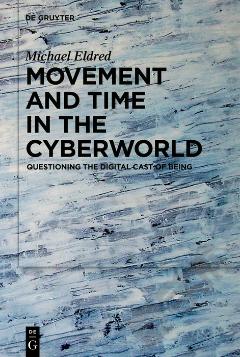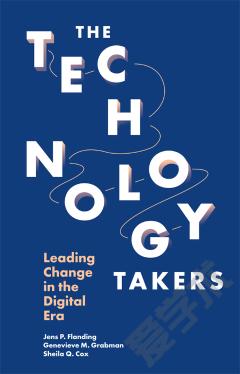Movement and Time in the Cyberworld —— Questioning the Digital Cast of Being
----- 网络世界的运动与时间:质疑存在的数字化
The cyberworld fast rolling in and impacting every aspect of human living on the globe today presents an enormous challenge to humankind. It is taken up by the media following current events through to all kinds of natural- and social-scientific discourses. Digitized technoscience develops at a breakneck pace in all areas accompanied by sociological analysis. What is missing is a philosophical response genuinely posing the basic ontological question: What is a digital being's peculiar mode of being? The present study offers a digital ontology that analyzes the dissolution of beings into bit-strings, driven by mathematized science. The mathematization of knowledge reaches back to Pythagoras, Plato and Aristotle, and continues with Descartes, Galileo, Newton, Leibniz. Western knowledge from its inception has always been driven by an unbridled will to efficient-causal power over all kinds of movement and change. This historical trajectory culminates in the universal Turing machine that enables efficient, automated, algorithmic control over the movement of digital beings through the cyberworld. The book fills in the ontological foundations underpinning this brave new cyberworld and interrogates them, especially by questioning the millennia-old conception of 1D-linear time. An alternative ontology of movement arises, based on a radically alternative conception of 3D-time.
{{comment.content}}








 京公网安备 11010802027623号
京公网安备 11010802027623号